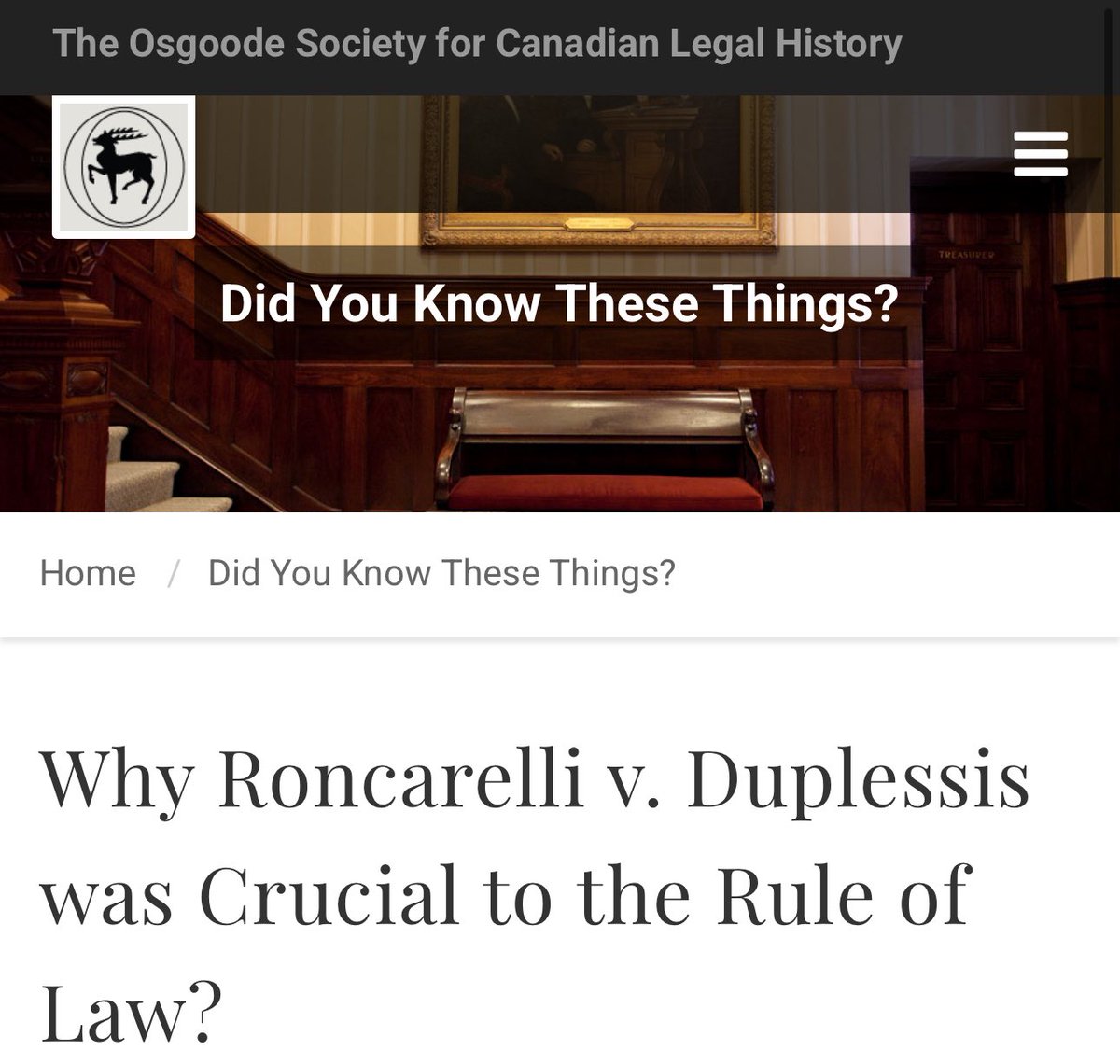[GUEST ACCESS MODE: Data is scrambled or limited to provide examples. Make requests using your API key to unlock full data. Check https://lunarcrush.ai/auth for authentication information.]  Eva Chipiuk, BSc, LLB, LLM [@echipiuk](/creator/twitter/echipiuk) on x 109.2K followers Created: 2025-07-15 04:08:21 UTC I am currently working on a brief in response to unlawful government action, and it is honestly shocking how far the law has evolved to shield government actors from accountability. Time and again, the government chooses to use public funds to fight tooth and nail against taking responsibility, no matter how clear the misconduct or how serious the harm. We seem to have strayed far from the legal principles that were meant to serve and protect the public, not just the state. The principle that where there is a right, there must be a remedy was firmly established in Ashby v White, where the Court held: “It is a vain thing to imagine there should be a right without a remedy… and where Parliamentary matters come before us… we must not be deterred, but are bound by our oaths to determine it.” The government cannot be allowed to sidestep accountability for unlawful conduct or deny compensation to those it has harmed. That principle was reaffirmed in Roncarelli v Duplessis, where the Supreme Court held that no public official is above the law and that discretion must be exercised lawfully and reasonably: “The act of the respondent through the instrumentality of the Commission brought about a breach of an implied public statutory duty toward the appellant; it was a gross abuse of legal power expressly intended to punish him for an act wholly irrelevant to the statute… That such a step and its consequences are to be suffered by the victim without recourse or remedy… would signalize the beginning of disintegration of the rule of law.” Yet the trend in the law has been to shield the government from both accountability and responsibility. If public officials can break the law with impunity, immune from challenge, then what is left of the rule of law and trust in public institutions? We must ask ourselves: does the law still protect the people, or has it become just another tool to protect the system that was supposed to serve them? And, if that is the case, what exactly are we paying for?  XXXXXX engagements  **Related Topics** [harm](/topic/harm) [shield](/topic/shield) [llm](/topic/llm) [bsc](/topic/bsc) [Post Link](https://x.com/echipiuk/status/1944972278858719238)
[GUEST ACCESS MODE: Data is scrambled or limited to provide examples. Make requests using your API key to unlock full data. Check https://lunarcrush.ai/auth for authentication information.]
 Eva Chipiuk, BSc, LLB, LLM @echipiuk on x 109.2K followers
Created: 2025-07-15 04:08:21 UTC
Eva Chipiuk, BSc, LLB, LLM @echipiuk on x 109.2K followers
Created: 2025-07-15 04:08:21 UTC
I am currently working on a brief in response to unlawful government action, and it is honestly shocking how far the law has evolved to shield government actors from accountability.
Time and again, the government chooses to use public funds to fight tooth and nail against taking responsibility, no matter how clear the misconduct or how serious the harm. We seem to have strayed far from the legal principles that were meant to serve and protect the public, not just the state.
The principle that where there is a right, there must be a remedy was firmly established in Ashby v White, where the Court held:
“It is a vain thing to imagine there should be a right without a remedy… and where Parliamentary matters come before us… we must not be deterred, but are bound by our oaths to determine it.”
The government cannot be allowed to sidestep accountability for unlawful conduct or deny compensation to those it has harmed.
That principle was reaffirmed in Roncarelli v Duplessis, where the Supreme Court held that no public official is above the law and that discretion must be exercised lawfully and reasonably:
“The act of the respondent through the instrumentality of the Commission brought about a breach of an implied public statutory duty toward the appellant; it was a gross abuse of legal power expressly intended to punish him for an act wholly irrelevant to the statute… That such a step and its consequences are to be suffered by the victim without recourse or remedy… would signalize the beginning of disintegration of the rule of law.”
Yet the trend in the law has been to shield the government from both accountability and responsibility. If public officials can break the law with impunity, immune from challenge, then what is left of the rule of law and trust in public institutions?
We must ask ourselves: does the law still protect the people, or has it become just another tool to protect the system that was supposed to serve them?
And, if that is the case, what exactly are we paying for?

XXXXXX engagements